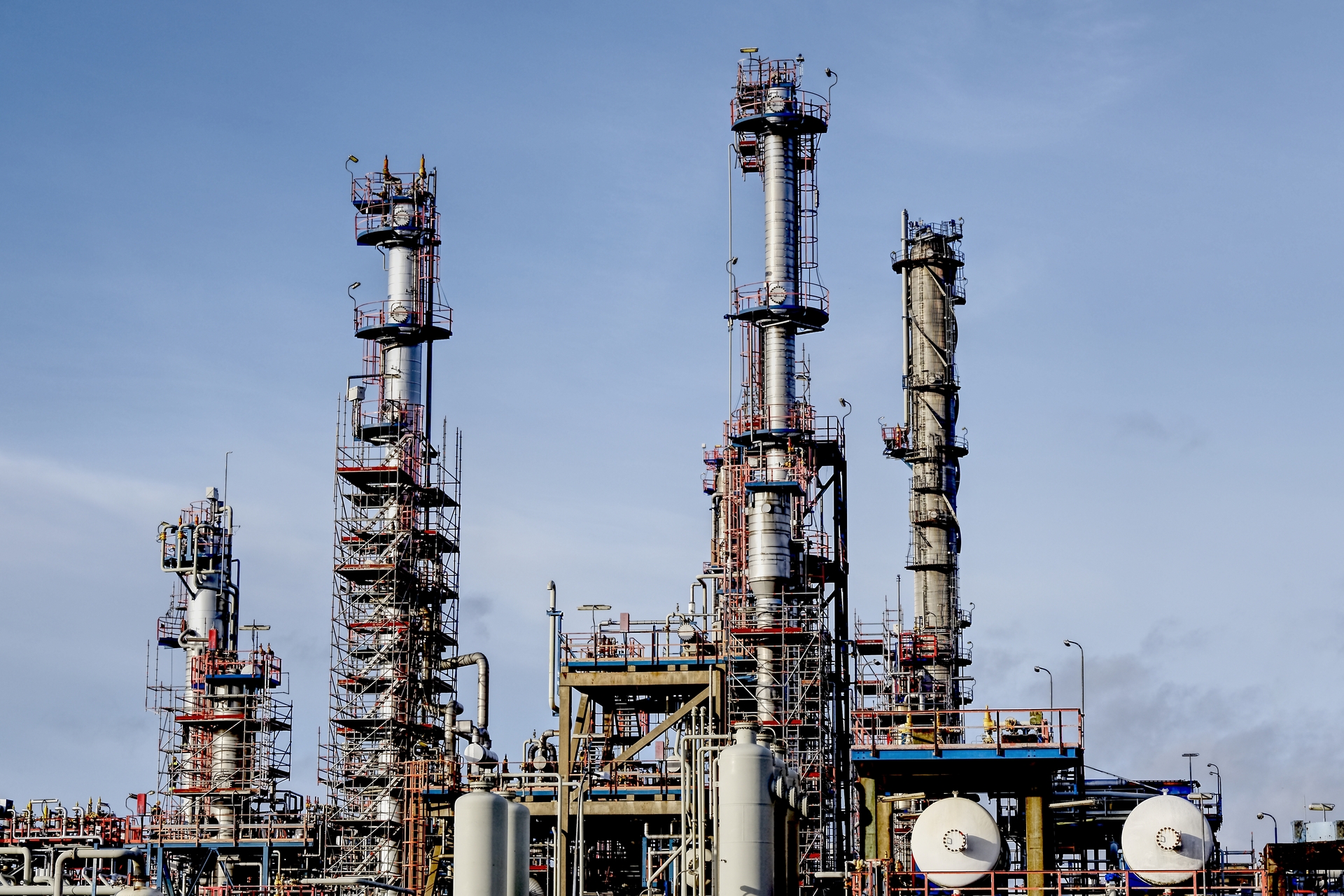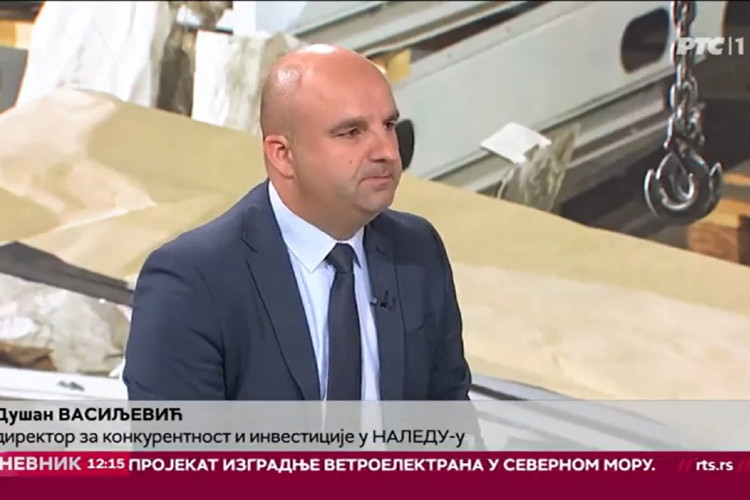[TV NOVA S] Energy dependency and lack of efficiency as the greatest weaknesses of domestic economy
The Serbian economy is among the most energy-intensive economies in Europe and consumes large amounts of energy to produce one unit of gross domestic product. In other words, our energy efficiency is at a very low level, even four times lower than the EU average. That is why it is not surprising that businessmen in NALED are unanimous in the latest poll that the war in Ukraine will have negative consequences for our economy.
Dušan Vasiljević, Competitiveness and Investments Director in NALED, in a guest appearance on the Newsmax Adria review of the day on TV Nova S, stated that energy dependence and inefficiency are the two most important problems that have surfaced, according to research.
- On the one hand, we have the fact that we are highly dependent on the import of energy, as far as oil and oil derivatives are concerned, that is over 75%. I can say that only about 20% of those petroleum products come from Russia. The situation is even more serious when we look at the supply of natural gas, we are even more dependent on imports, and as much as 80% of those imports come from Russia. So, not only are we highly dependent on imports, but we are committed to that dependence on one country, which is certainly never a good option, Vasiljevic explains.
According to him, for every 100 euros of GDP produced, we spend four times more energy than EU countries, and there are several reasons for that.
- It is certainly, among other things, the result of our insufficient technological development. On the other hand, if you have energy prices that are relatively depressed, you are creating a kind of motivation for businesses not to invest enough and as much as they could and should in the systems that improve energy efficiency, so we have one conditionally speaking, privileged position, now coming to pay, Vasiljevic points out.
He added that there is a lot that businesses can do on their own to relieve their energy balance, i.e. to switch to green technologies that reduce energy use and emissions of carbon dioxide and other pollutants.
When it comes to the effects of the crisis on the overall economy, the analysis shows that 36% of businesses expect serious consequences, and the rest some kind of consequences. However, in the case of the impact of the crisis on their own companies, only 12% of them expect serious consequences.
- A good sign is that businesses are more positive when they expect, when they project consequences on their company than on the overall economy. We assume that they are in a better position to assess what the consequences will be for them, than for the overall economy. So we would say that we can expect the consequences to be closer to these milder projections, Vasiljevic points out.
He also pointed out that the potential winners of this situation are innovative companies, especially if they are engaged in investments and projects related to renewable energy sources, but also the arrival of highly educated Russians, which could serve as a tailwind for our IT industry.
- We see that we can, our Ironworks Smederevo can expect an increase in quotas for steel exports to the European Union, so there is that. I just want it to be clear to everyone, this crisis is not our development chance. Some will do better, but in general at the level of our entire economy and at the level of our citizens, I think we are already suffering certain consequences, explains the Competitiveness and Investments Director in NALED.
See the rest of the show below.



